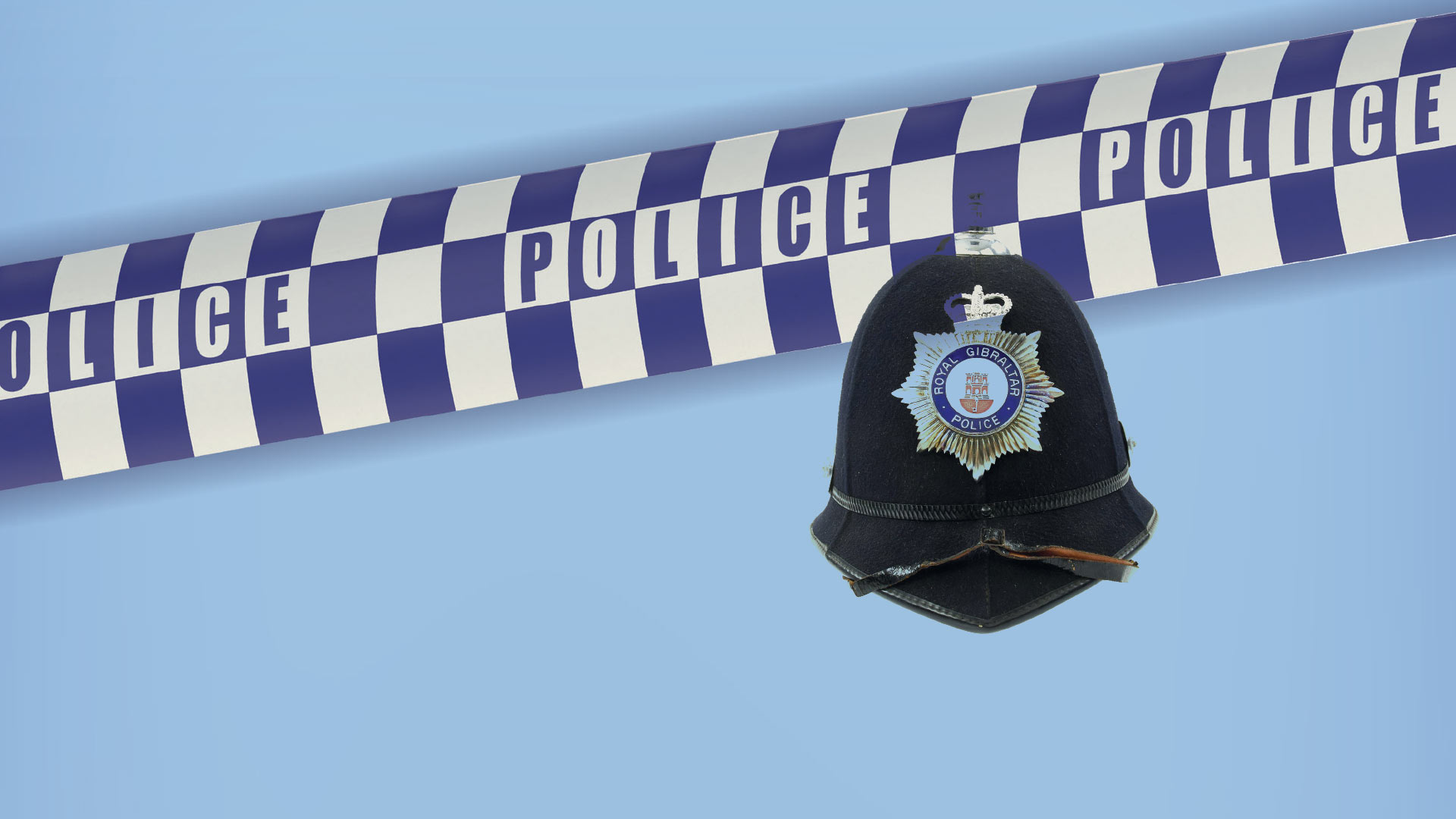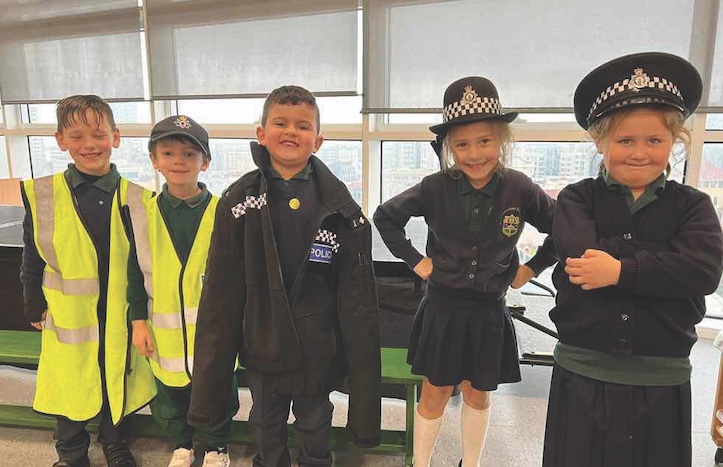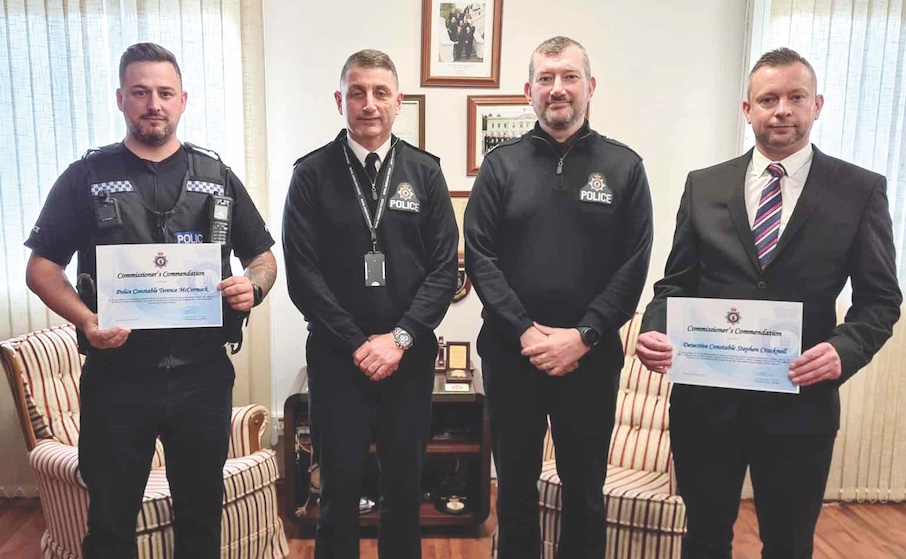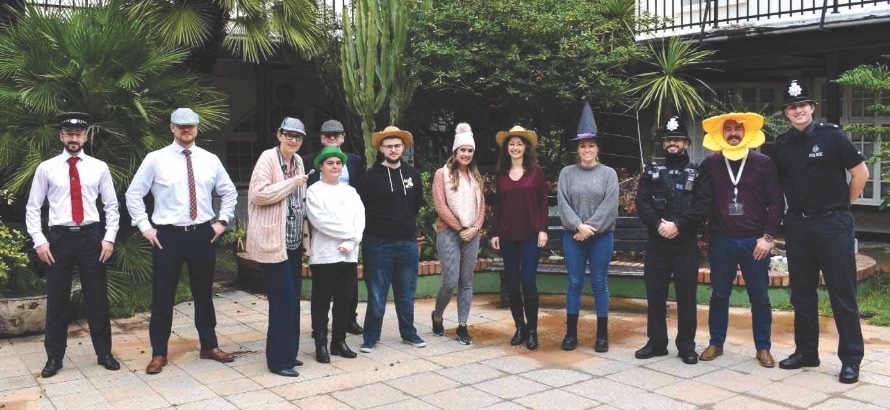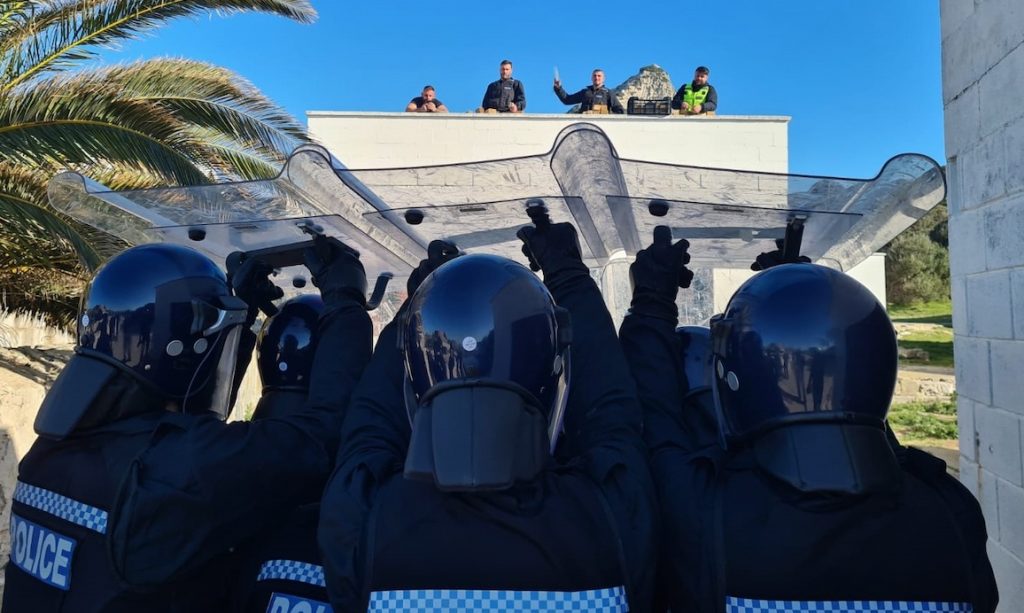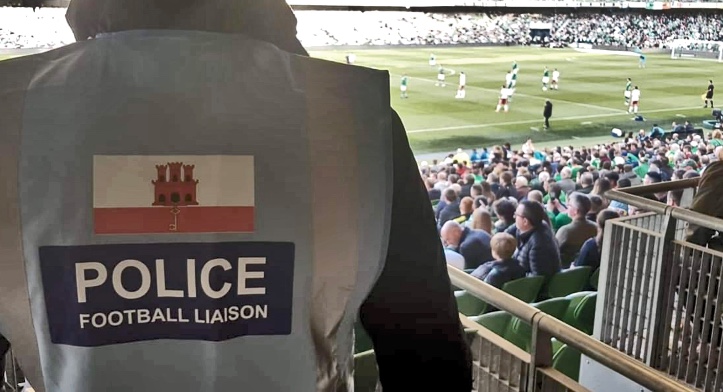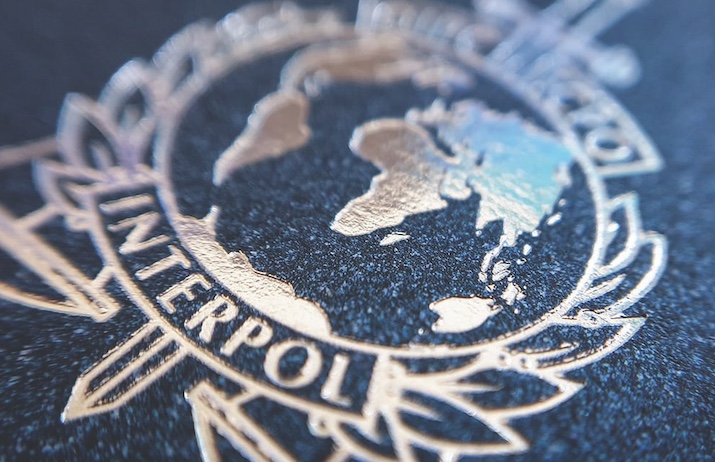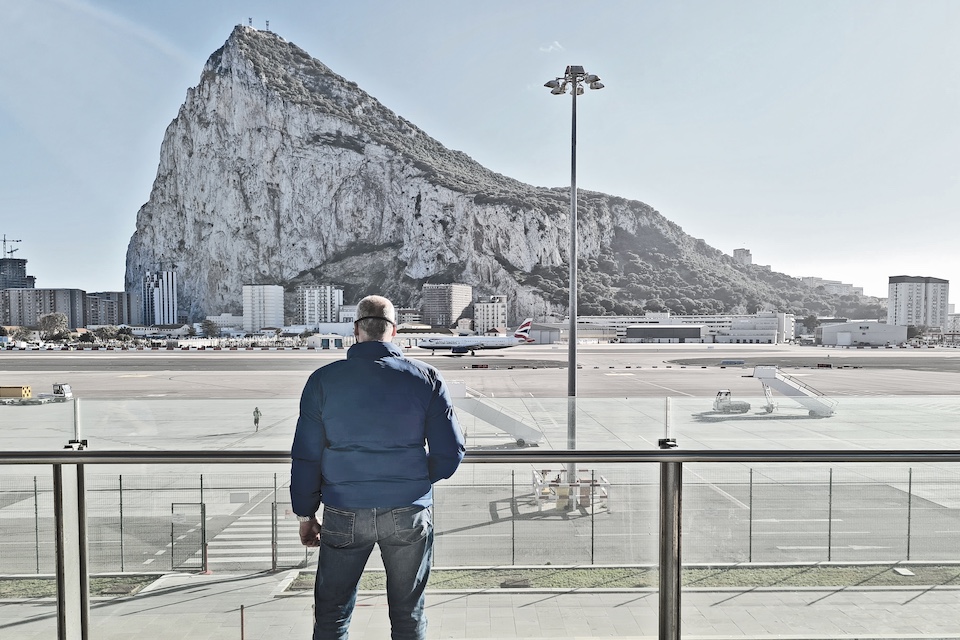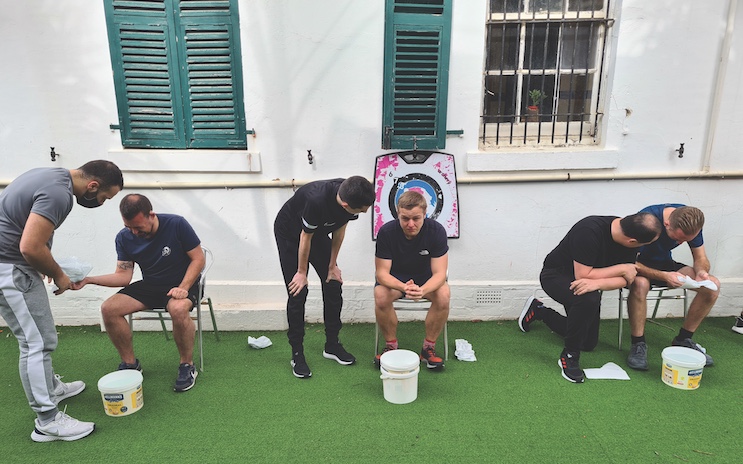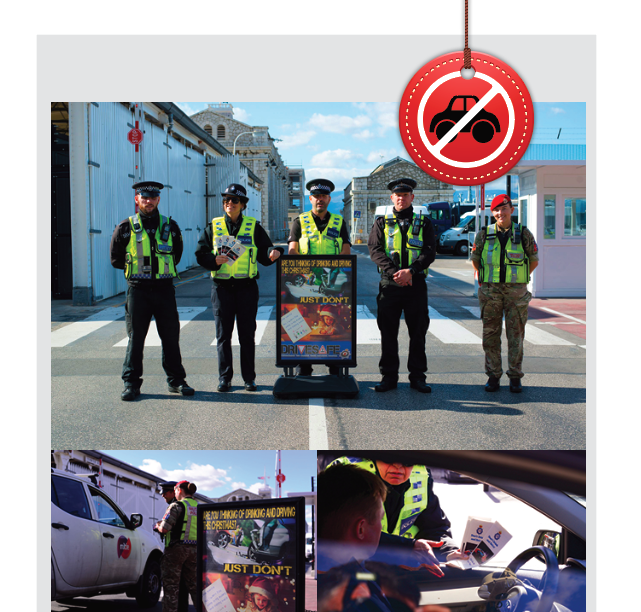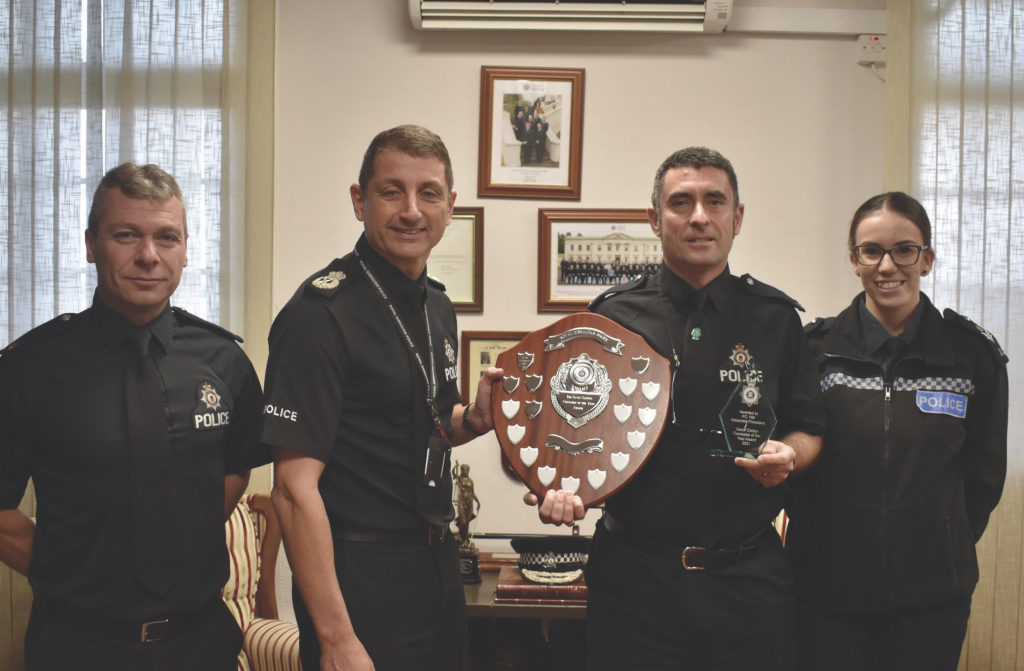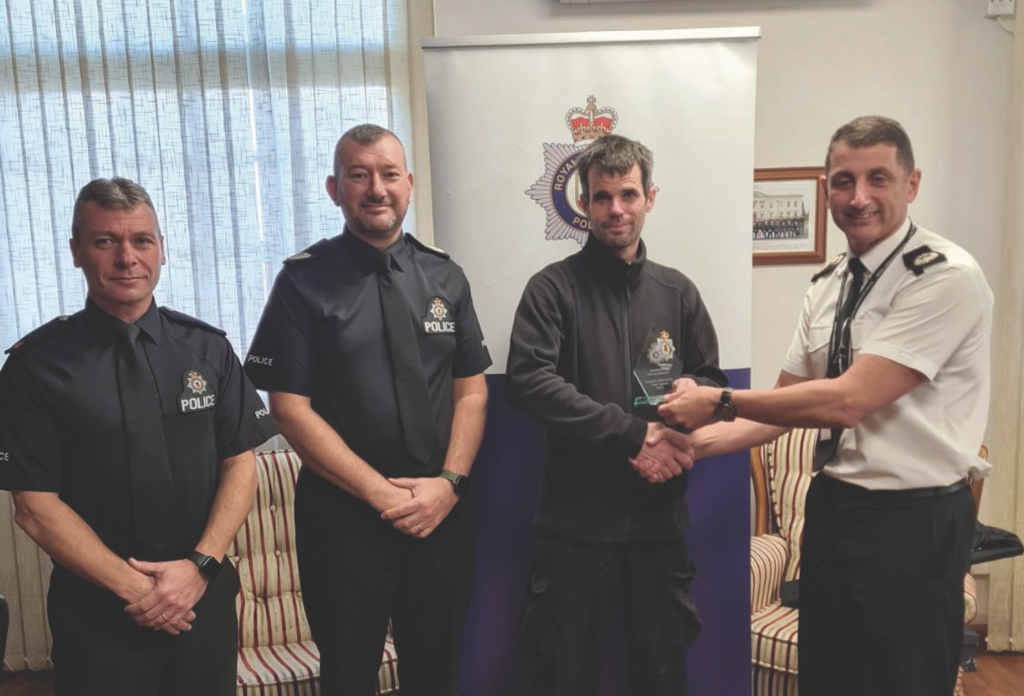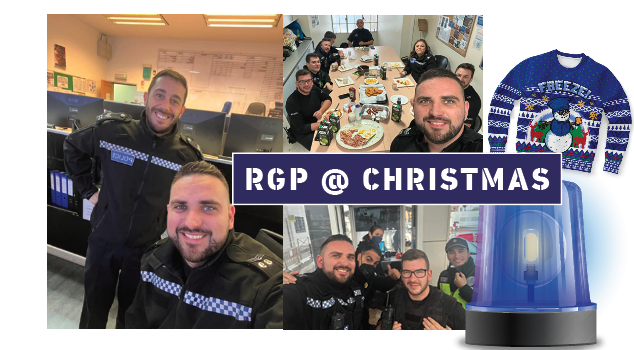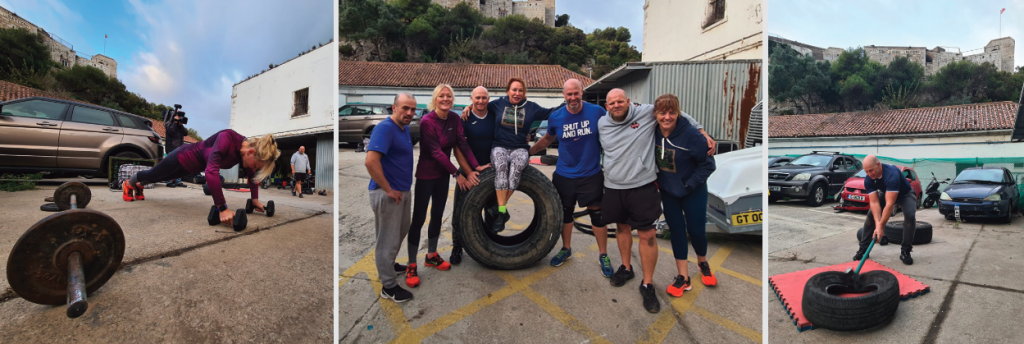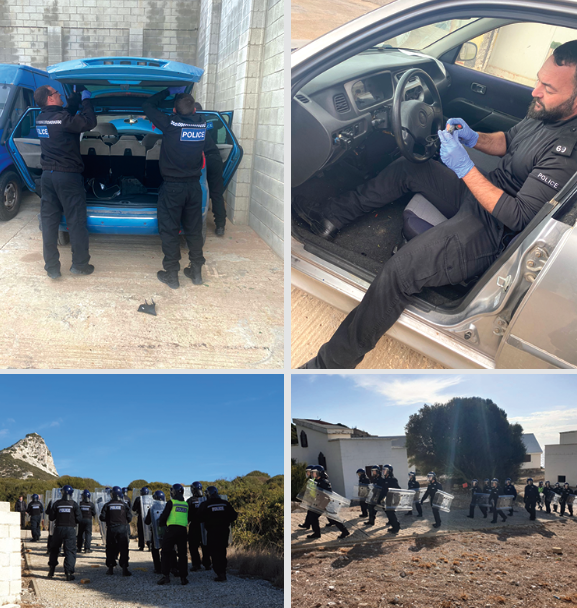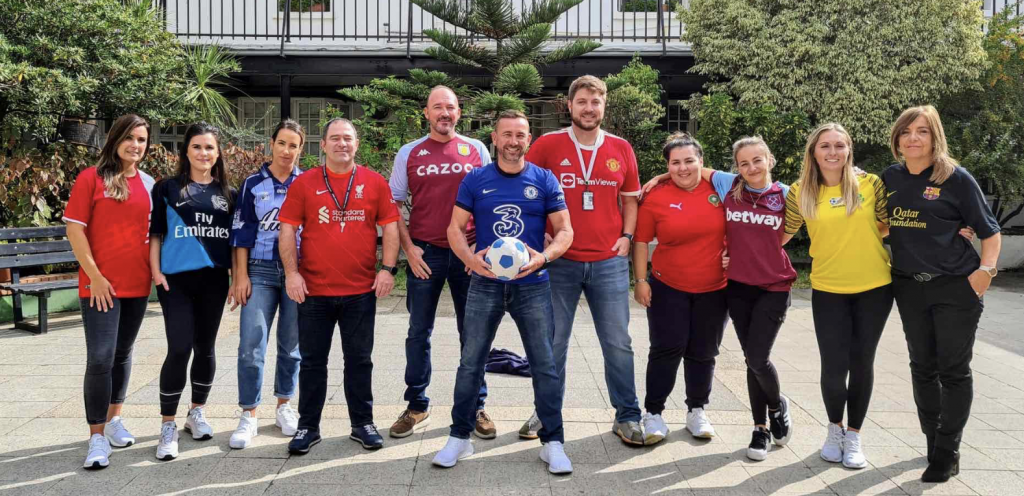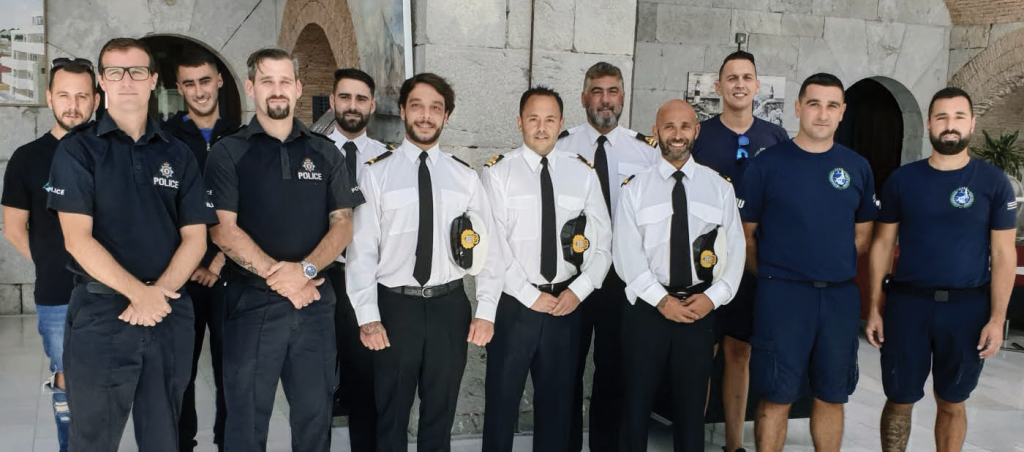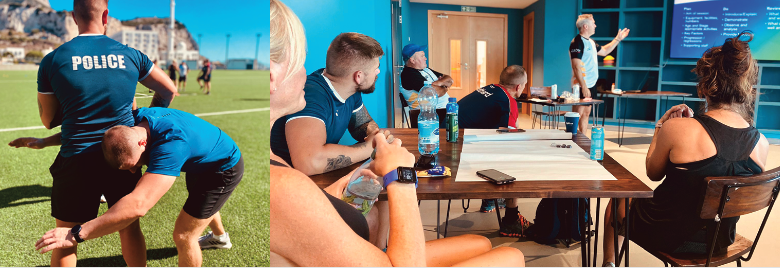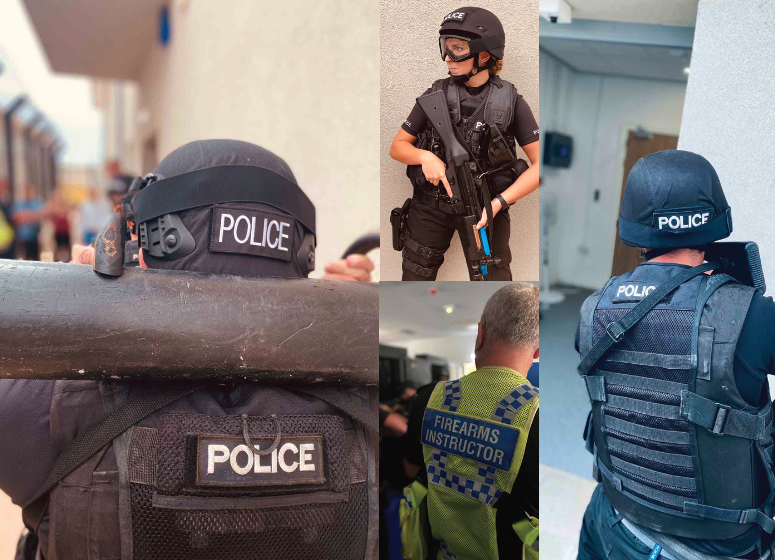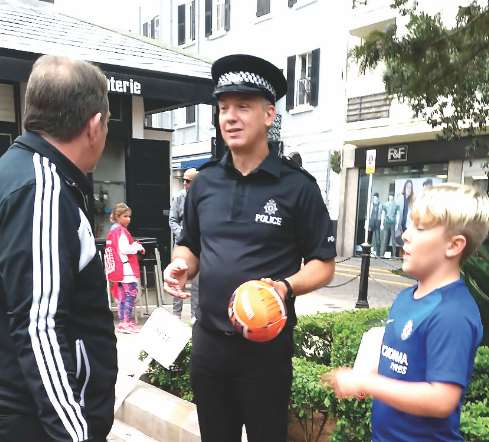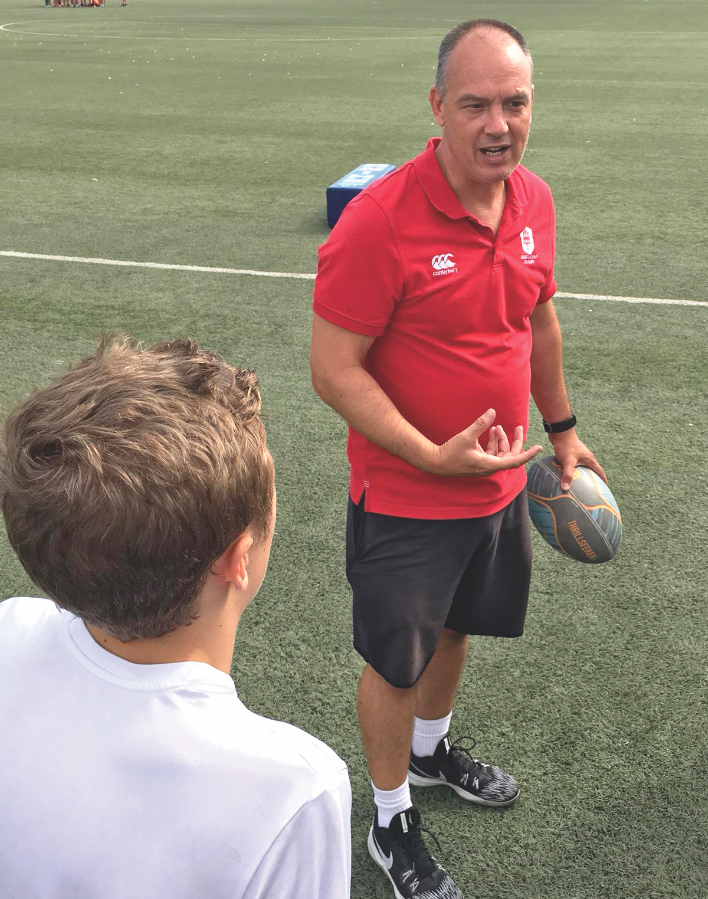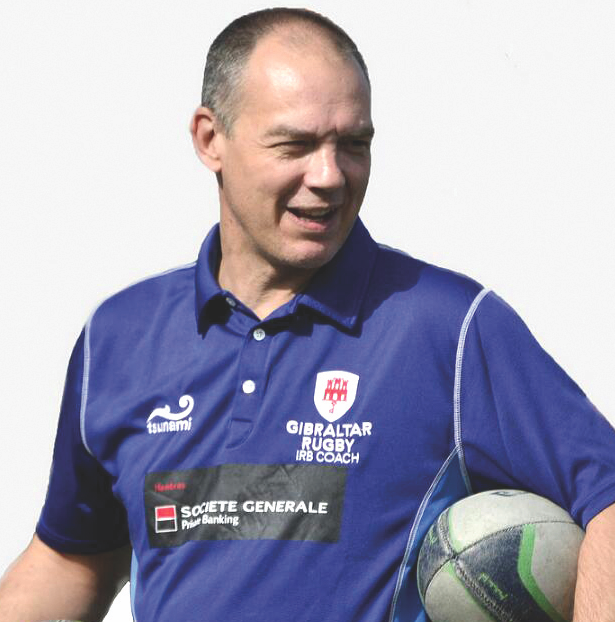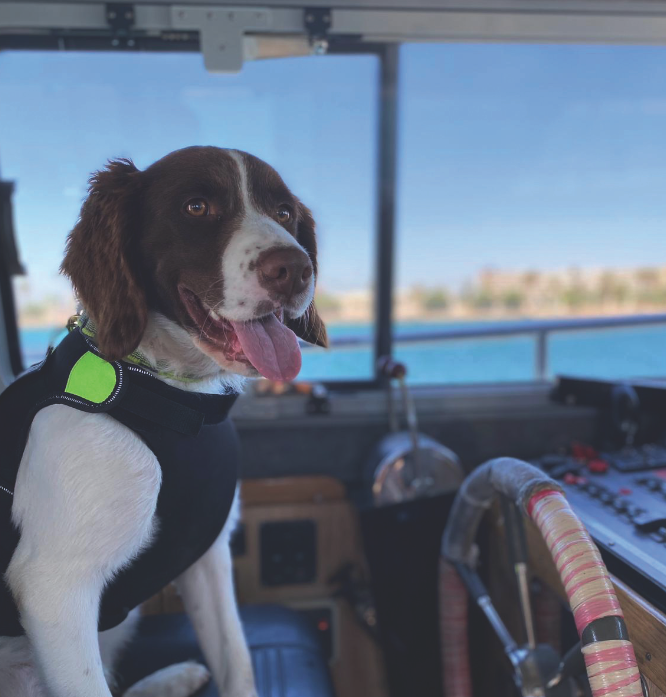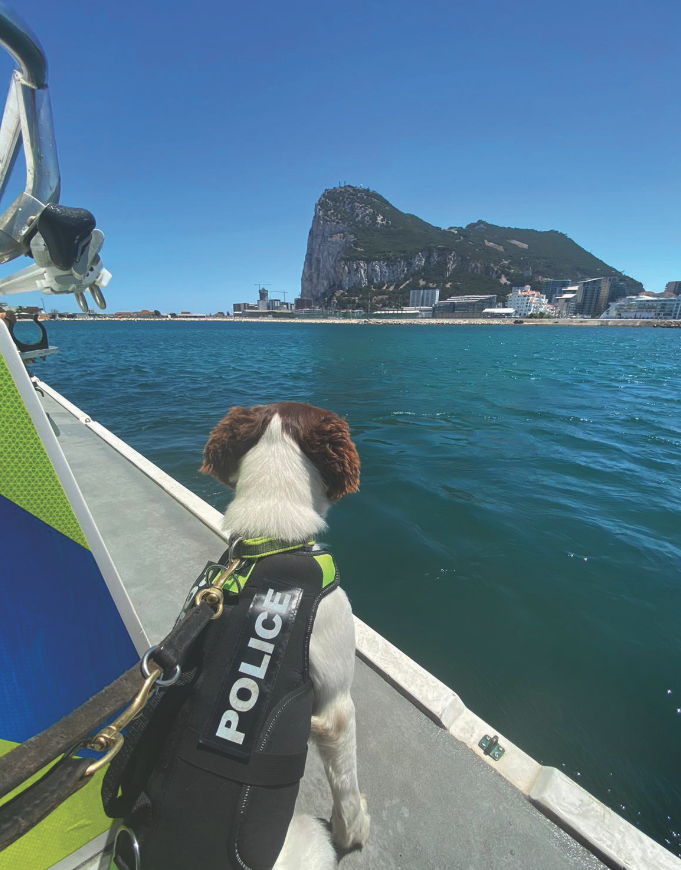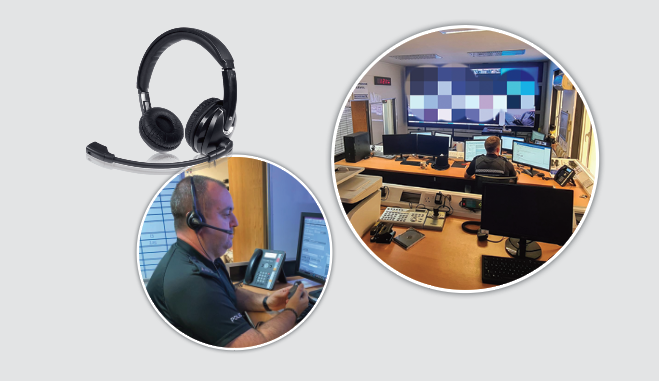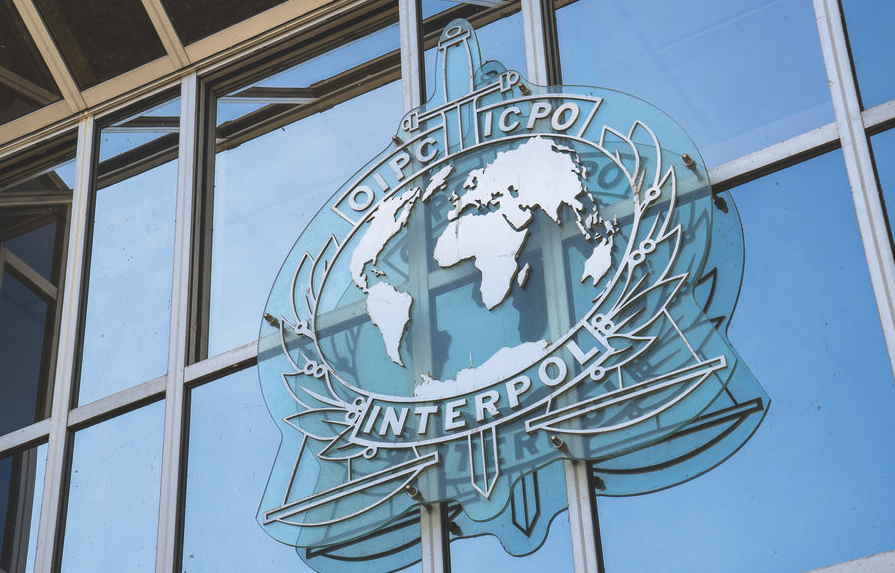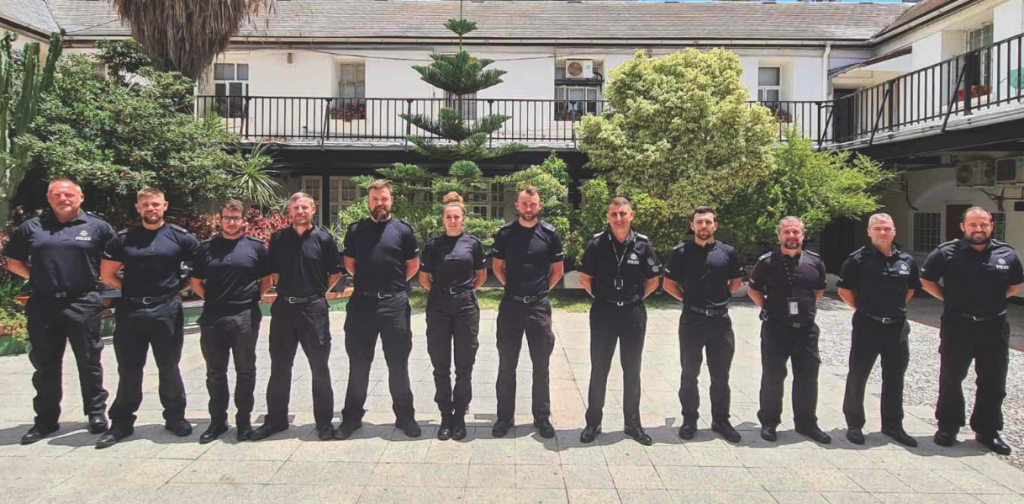Police Insight
Super heroes in our community
The RGP’s Community Policing Officers were recently invited to St Bernard’s First School to talk about “Super Heroes in Our Community”.
Youngsters were able to ask PC Steve Peach why he became an RGP officer, and how police help people in the community.
The pupils were then able to try their hand at putting on police uniforms.
Commendations
Two police officers received commendations from the Royal Gibraltar Police’s Commissioner for excellent work in relation to a domestic abuse case.
Police Constable Terence McCormack and Detective Constable Stephen Cracknell received the awards after their actions were described as “essential” in bringing about a successful prosecution.
PC McCormack’s dedication and commitment towards the victim in the case was noted, while DC Cracknell took a decisive Victim Impact Statement.
During the incident, the female victim felt that her life was in danger. The actions of the two officers helped to secure a three-year sentence for a local man. He was found guilty on multiple charges of assault and of false imprisonment.
(L to R) PC Terence McCormack, Commissioner of Police Richard Ullger, Assistant Commissioner of Police Cathal Yeats and DC Stephen Cracknell
Wear a hat day
Officers and civilian staff at the Royal Wear a Hat Day at New Mole House.
The event raises awareness and funds for the UK-based charity Brain Tumour Research.

